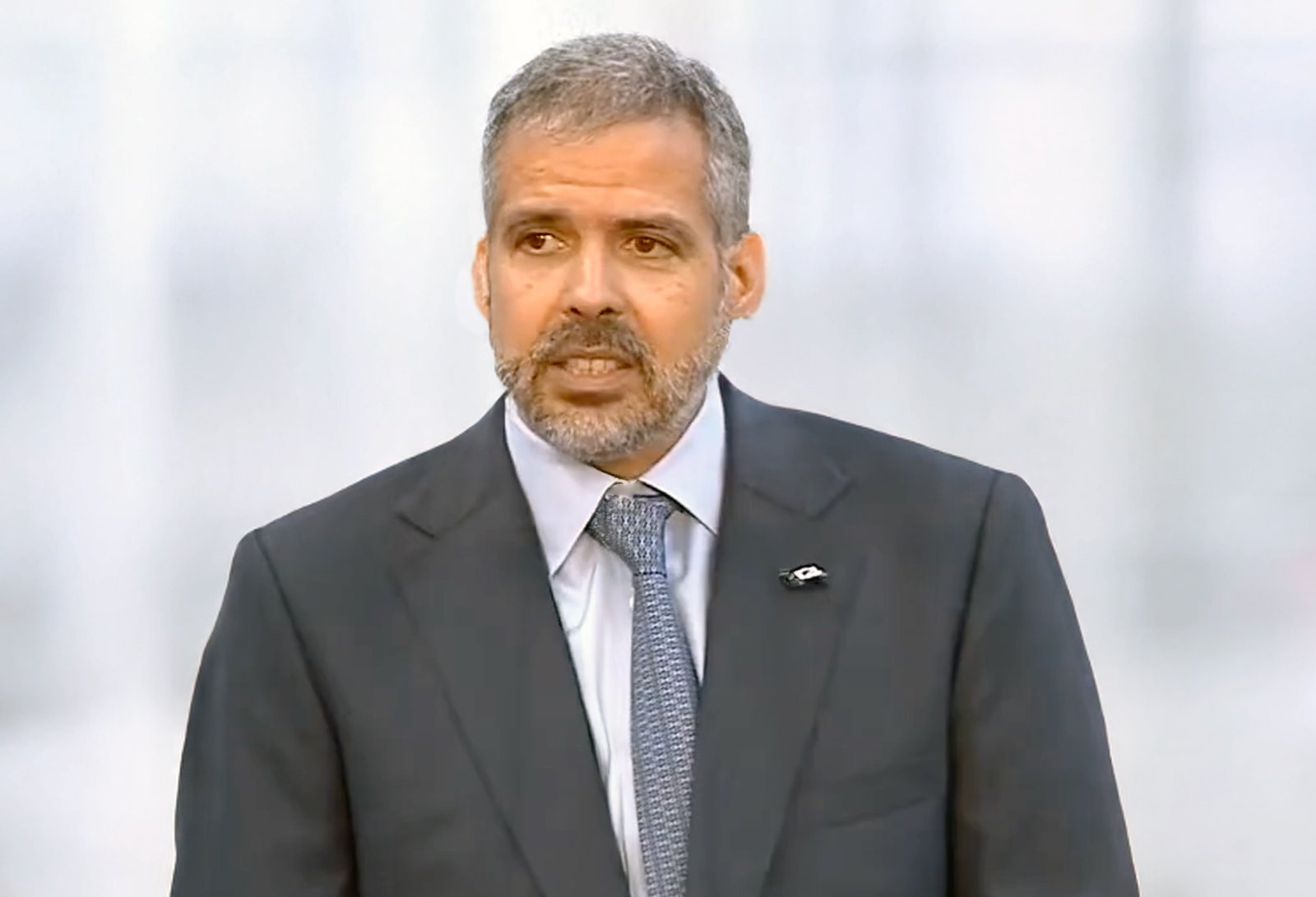Natalia Machain is a lawyer, graduated from the University of Buenos Aires (UBA), with complementary training in Social and Political Anthropology (FLACSO) and specializations in Environmental Economics and Environmental Management completed at the Pontifical Catholic University of Argentina (UCA) and the Buenos Aires Institute of Technology (ITBA). This academic foundation has allowed her to develop a comprehensive vision of environmental challenges, integrating technical, political, and social knowledge into her professional practice.
Currently, Natalia Machain serves as Executive Director of Greenpeace Andino, with responsibilities over the offices in Argentina, Chile, and Colombia. Her appointment in 2018 responded to a strategic restructuring of the organization, aimed at strengthening its regional influence. Prior to assuming this role, she led the political coordination area of the same entity, from which she coordinated high-impact campaigns and regulatory processes at the regional level.
Institutional strategies and regional leadership
During her administration, Greenpeace Andino consolidated campaigns of strategic relevance. Among them, “Patagonia sin salmoneras” stands out, aimed at highlighting the ecological impact of the aquaculture industry in the Magallanes region (Chile). The campaign included a documentary production and generated a significant public debate at the national level.
In Argentina, she promoted the «Reporte Carpincho,» a technical and communication-based investigation into the environmental degradation of the Paraná Delta caused by real estate development. This work strengthened the organization’s public positioning and supported legislative proposals aimed at wetland conservation.
Machain also played an active role in promoting the Wetlands Law project, an initiative seeking to establish a legal framework for the protection of these strategic ecosystems. She also led legal actions in defense of native forests and in response to illegal deforestation in northern Argentina.
Legal tools, knowledge production, and environmental education
Under her leadership, Greenpeace Andino has deepened its educational and communication strategy, with content directed at diverse audiences. The organization has developed illustrated campaigns, materials for children and youth, as well as environmental awareness workshops, with the aim of strengthening an environmentally active citizenship from an early age.
At the same time, Machain has reinforced the agenda for conservation of the Argentine Sea, promoting regulations that ensure the sustainable exploitation of ocean resources. This strategy combines elements of strategic litigation, citizen mobilization, and the generation of scientific and technical knowledge.
Strategic projection from South America
Machain upholds an environmental vision grounded in the structural analysis of global challenges and their regional implications. In this context, she believes that Latin America, due to its biodiversity and natural wealth, faces economic tensions that require firm, sustained, and coordinated policies. From her perspective, conservation is not only an environmental responsibility but also a condition for sustainable development.
Throughout her career, she has prioritized a multiscalar perspective that links local actions to global impacts. Her management has emphasized the value of articulating law, public policy, communication campaigns, and territorial presence, understanding that environmental leadership requires systemic vision, institutional dialogue capacity, and technical consistency.
Her current role at the head of Greenpeace Andino positions her as a leading figure in civil society organizations with regional reach. Her leadership style, centered on strategic planning and a commitment to measurable results, has strengthened the organization’s projection in complex and highly dynamic contexts.








